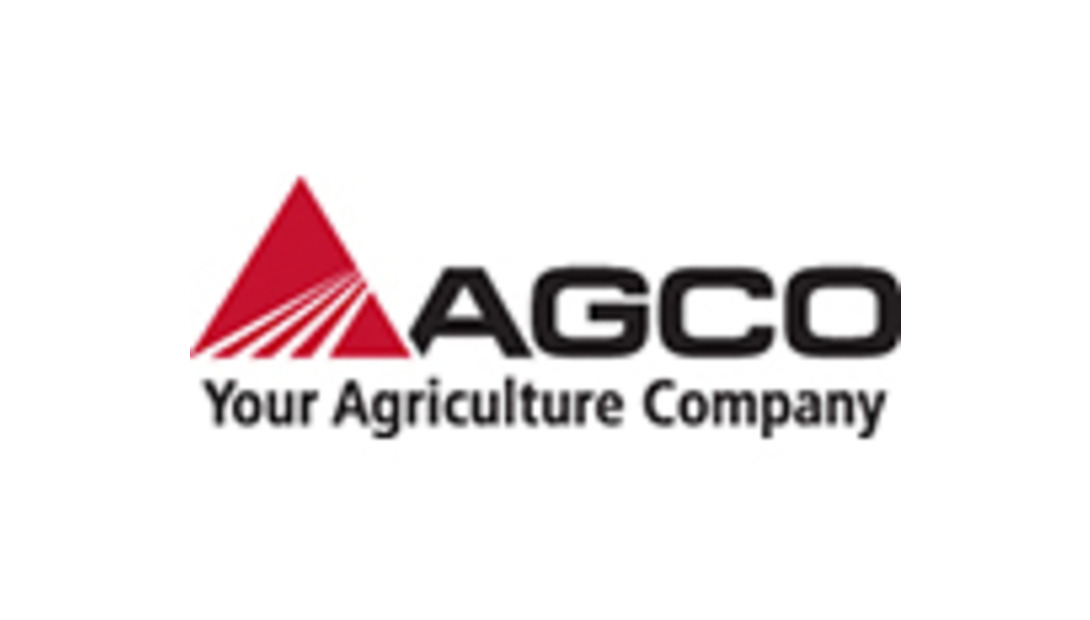AGCO and Hesston by Massey Ferguson Introduce Square Baler Classifications |
|||||||||||||||||||||||||||||||||||||||||||||||||||||||||||||||
|
|
|||||||||||||||||||||||||||||||||||||||||||||||||||||||||||||||
Standardized system for large and small square hay balers will help customers choose right baler for the jobThis item has been supplied by a forage marketer and has not been edited, verified or endorsed by Hay & Forage Grower. “Hesston alone offers four models of large square balers ranging from 3’ x 3’ to 4’ x 4’ and six small square balers to produce four sizes from 14” x 18” to 16” x 22”,” explains Shaun Allred, marketing manager for hay and forage at AGCO. “Dairy, beef and equine customers, as well as commercial hay and biomass harvesting operations that harvest, store and ship large quantities of material all have different needs in a baler. “These classes clearly define the capabilities of the various models from Hesston by Massey Ferguson and Challenger®. The baler classification system will give customers a better understanding of the entire lineup of balers so they can make better purchase decisions,” Allred continues. “This system is similar to the classification system for combines that uses horsepower ranges to rank the size and productivity of combine harvesters.” Bale density is focus when choosing a baler The square baler classification system uses rated plunger load to define each of the eight baler classes. Plunger load was chosen because it is the most measurable factor impacting the density of the finished bale. “Bale density is a key consideration when customers purchase a square baler, because it affects the amount of material in the finished bale; bale weight; stacking, storage and transportation, as well as the productivity and efficiency of the baling process,” Allred points out. “Producers will be able to use this system to choose the baler that fits the crops they harvest, their end-use needs and the baler that optimizes their hay harvesting productivity and efficiency for the best return on investment.” Rated plunger load is determined by measuring the kilonewtons (kN) of force on the face of the plunger. One kilonewton equals 224.8 pounds of force. Load sensors on the plunger arms measure compression of the plunger arms to provide the plunger load rating. Current AGCO customers are familiar with this number because it is displayed on the in-cab monitor as the Load Setting. Using experience gained from more than 70 years as an industry-leading manufacturer of equipment for producing and harvesting quality forage, the hay experts at Hesston developed clear descriptions of the most appropriate uses for balers within each class.
* Weight will vary depending on crop type, crop moisture and environmental conditions. “Balers in Class 5 and Class 6 offer our customers the greatest harvesting productivity and efficiency – more material baled per hour,” says Allred. The system also includes plunger load for Class 7 and Class 8. “We know the hay and forage baling needs of our customers will continue to evolve, just as they have throughout history,” explains Allred. “With a full range of classes in place, customers will be knowledgeable and better prepared as advancements in baler manufacturing technology allow new products to come to market.”
For full details about the square baler classification system and more information about Hesston or Challenger hay equipment, visit your local Hesston by Massey Ferguson or Challenger hay equipment dealer or visit www.hesston.com/therightbaler. |
